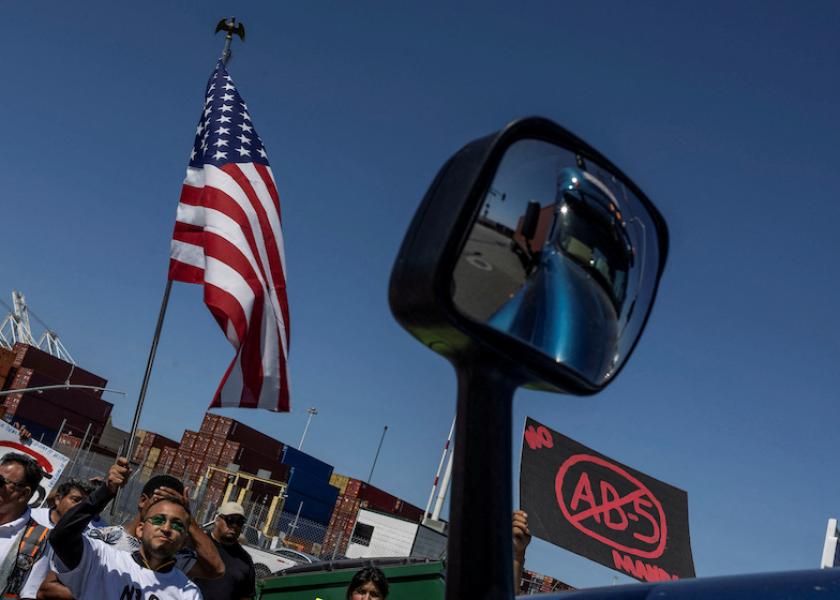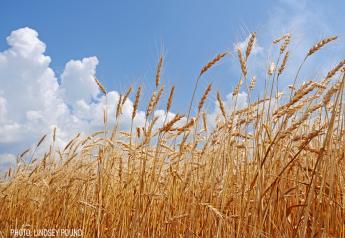Trucker Blockade Shuts Major California Seaport for Second Day

Truckers protesting California's new "gig worker" law blockaded the state's third-busiest seaport for a second day on Thursday, stalling agricultural exports and threatening to worsen U.S. supply chain backups.
The largest marine terminal at the Port of Oakland was closed on Thursday, while the three other marine terminals on the property had some on-ship labor underway, port spokesman Robert Bernardo said.
Read More: Walmart Will Now Pay Starting Truck Drivers $110,000, Could It Backfire and Make the Nationwide Trucker Shortage Even Worse?
Independent truck drivers are blocking terminal gates and preventing truckers from entering the port in protest of California's new labor law formally known as AB5. The law would make it more expensive for big rig drivers to remain independent contractors and is pushing the trucking industry to hire those workers as employees.
Read More: New CDL Requirements Take Effect Monday and Could Cost You Up to $8,500 and Weeks of Training
The Port of Oakland is a key hub for California's $20 billion-plus agriculture exports, which include almonds, rice and wine. The eighth-busiest U.S. container seaport was already working to clear a pandemic-fueled cargo backup before the trucker protests began.
Read More: Trucker Shortage is Spurring Higher Costs of Goods and Food Across the U.S.
(Reporting by Lisa Baertlein in Los Angeles; Editing by Mark Porter)







